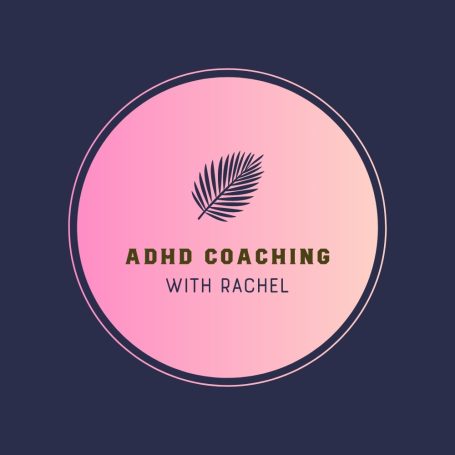You’re Not Lazy – You’re Burnt Out: ADHD in Women at Work

What ADHD Really Looks Like in Women
When most people think of ADHD, they picture a hyper little boy bouncing off the walls. But for many women, ADHD doesn’t look like that at all. It’s quiet chaos. It’s hidden overwhelm. It’s endless lists, forgotten appointments, and guilt that doesn’t switch off.
If that sounds like you, I want you to know this:
You are not lazy. You are not broken. And you are definitely not alone.
Why It’s So Often Missed in Women
ADHD in women often flies under the radar. We weren’t disruptive—we were daydreaming. We weren’t failing—we were masking. We became the people-pleasers, the perfectionists, the ones who always seemed “fine” until the cracks finally showed.
In reality, ADHD often shows up in ways that are misunderstood or dismissed—especially in women. ADHD in Women shows up as:
💙 Racing thoughts and emotional dysregulation
💙Struggles with starting (or finishing) tasks
💙Perfectionism masking internal chaos
💙A deep sensitivity to rejection or criticism
💙Exhaustion after social or work interactions
💙Trouble with organisation and task initiation
And when unsupported, ADHD often leads to a cycle of exhaustion and ADHD burnout.
My Current Reality: ADHD Burnout in the NHS 🩺
Right now, I’m really feeling it.
As a Health Visitor in the NHS, I’m working in a system that’s constantly short-staffed, under funded and stretched thin. There’s never enough time, and always more pressure and emotional weight to carry. And when you have ADHD, the cost of that pressure is amplified.
Some days when I finish work and I’m not just tired—I’m shut down, overwhelmed and feeling the effects of sensory overload. It’s not that I don’t care anymore. It’s that I’ve cared too hard, for too long, without enough support. That is not a weakness. That’s ADHD burnout and at times it feels like I am in a vicious cycle of burnout and recovering from burnout, with a short spell of regulation in-between.
Why Office Days Make It Worse
Even though I have reasonable adjustments and I split my time between working from home and the office, the days I’m in the office always hit the hardest.
The overstimulation, constant background noise, unspoken social expectations, the smell of other people's lunch and the noise from the old heating system—it all adds up. By the time I leave the office and get home, I feel completely burnt out. I’m overstimulated, emotionally fried, and physically tense.
Working from home, I’m able to regulate my nervous system better. I can take a quick walk, sit outside, and pause when I need to. I’m not stuck masking in a space that physically and emotionally drains me. And I’ve learned that this isn’t about being “weird” or “difficult”—it’s simply that now I know what my brain needs to function well and how to regulate my nervous system.
Burnout Isn’t a Personal Failure—It’s a Signal 🧠
ADHD brains are incredibly resilient, but they also burn through energy faster. We’re constantly navigating challenges, absorbing every emotional detail, juggling spinning plates, and blaming ourselves when one of them inevitably drops.
But here’s the truth I’m holding onto (and maybe you need to hear it too):
Burnout is not a moral failing. It’s a signal.
It’s your body saying:
You’ve done too much, for too long, with too little support.
And that’s something you can begin to honour. You don’t have to push through every time. You can learn to notice the signs earlier. You can choose to rest before the fall. You can structure your life to fit your brain.
What Helps Me Cope (Even When It’s Messy)
Giving myself permission to say no—even to things I "should" be able to do. Building in recovery time after office days or emotionally demanding work. Walking in nature or sitting in the garden between work tasks. Talking honestly about what’s hard—with family, friends, and in my ADHD coach. Reminding myself: I don’t need to earn rest.
If You’re Here, You’re Already Doing Something Brave
You’re noticing what’s not working for your ADHD. You’re asking questions. You’re trying to take care of yourself in a world that demands too much.
That’s not weak. That’s courageous.
If you’re ready to gain a better understanding of your ADHD, set gentle boundaries, and create more space to breathe, I’d love to support you. Coaching isn’t about fixing you—it’s about helping you work with your brain, not against it.
You deserve a life that fits.
💙
Rachel
ADHD Coaching with Rachel
www.adhdcoachingwithrachel.com
Please note: The views expressed in this blog are my own and do not necessarily reflect the official position or policies of the National Health Service or any specific NHS Trust. My content here is for educational and coaching purposes, based on personal experience and general understanding of ADHD.
